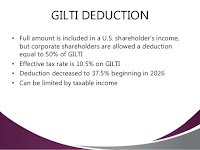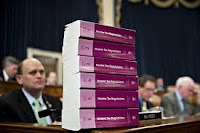In overturning the Eighth Circuit’s decision that personal injury awards for railroad employees cannot be taxed, the Supreme Court said the circuit court got it wrong when it construed “compensation” to mean only pay for active service.
The decision resolves a disconnect between the definitions of taxable compensation in two federal statutes that are supposed to work together to fund retirement benefits for rail employees who do not participate in the Social Security system. The Railroad Retirement Act, or RRA, created benefits for rail staff, and the Railroad Retirement Tax Act, or RRTA, established the taxes needed to fund the benefits.
In a 7-2 opinion, Justice Ruth Bader Ginsburg noted that Congress created the railroad retirement system and the Social Security system during the Great Depression to ensure financial security for employees when they reach old age.
“Given the similarities in timing and purpose of the two programs, it is hardly surprising that their statutory foundations mirror each other,” she said.
The case is BNSF Railway Co. v. Michael D. Loos, case number 17-1042, in the U.S. Supreme Court.
Contact the Tax Lawyers at I hear wha big tonight or tomorrow
Marini & Associates, P.A.
for a FREE Tax Consultation Contact US at
or Toll Free at 888-8TaxAid (888 882-9243).








